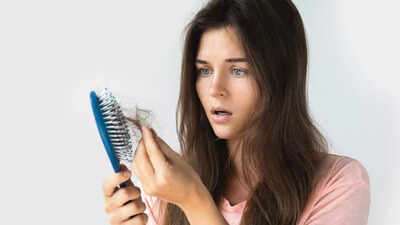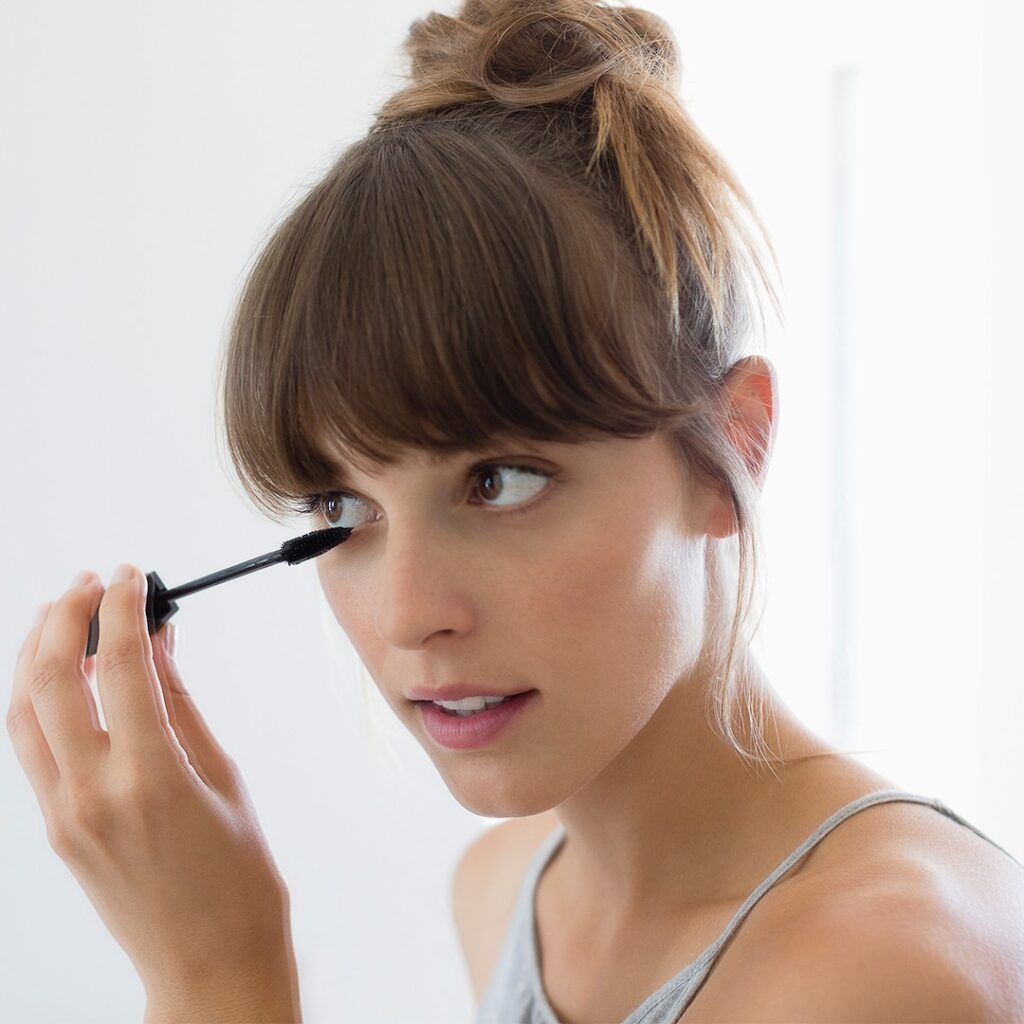Thinning ponytails and widening parts do not always point straight to hormones or family history. A growing stack of clinical papers shows that specific vitamin and mineral gaps can kick hair follicles into a resting phase, shorten growth cycles, and trigger extra shedding. The good news is that many of these shortages are easy to test for and even easier to fix with food or supplements. A 2024 review on micronutrients and alopecia concluded that correcting key deficiencies restored measurable hair density in as little as three months for most women. Those findings dovetail with a WellMed Medical Group update, last revised in July 2025, that flags seven nutrients most often tied to female hair loss. Below you will find what each one does, the warning signs of coming up short, and the safest ways to refill the tank before breakage turns to bald spots.
7 deficiencies that could be silently causing hair loss
Vitamin D
Low vitamin D interferes with keratinocyte cells that create the hair shaft, slowing new-follicle formation and leaving more strands in the dormant phase. Women who avoid sunlight, cover up for cultural reasons, or live in northern latitudes face a higher risk. A simple blood test (25-hydroxy vitamin D) can confirm the level; many dermatologists aim for at least 30 ng/mL. Food sources include salmon, fortified dairy, and egg yolks, but supplements of 1,000–2,000 IU per day are often needed. Always re-test after three months to avoid overshooting.
Biotin (Vitamin B7)
Biotin converts dietary protein into keratin, the main building block of hair. True deficiency is rare, yet it appears in women with gut-absorption disorders or those who follow severe calorie restriction. Signs range from diffuse thinning to brittle nails and red, scaly rashes around the mouth. Biotin hides in organ meats, nuts, seeds, and sweet potatoes; most multi-vitamins supply more than enough. Over-supplementation can skew thyroid and cardiac lab tests, so discuss dosage with your clinician first.
Iron
Iron fuels red-blood-cell production and, by extension, oxygen delivery to hair roots. Low ferritin—your iron storage protein—correlates strongly with a shedding pattern called telogen effluvium. Symptoms may include dizziness, fatigue, and a pale inner eyelid, along with extra strands on the pillow. Boost intake through lean red meat, lentils, or iron-fortified cereals and pair plant sources with vitamin C for better absorption. Oral iron can upset the stomach, so slow-release tablets or intravenous infusion are alternatives in stubborn cases.
Folic Acid (Vitamin B9)
Folate drives DNA synthesis and rapid cell turnover, both essential for active hair bulbs. Pregnant women, heavy drinkers, and those with certain seizure medications often run low. Beyond hair loss, deficiency triggers fatigue and mouth sores. Dark-green vegetables, beans, and enriched grains top the food list, while prenatal or standard B-complex supplements fill gaps. Levels usually rebound within eight weeks of steady intake.
Vitamin E
As a potent antioxidant, vitamin E shields scalp cells from oxidative stress. Research links low serum vitamin E to increased strand breakage and slower regrowth. Early clues include dry, split ends and dull scalp skin. Nuts, seeds, wheat-germ oil, and avocado deliver natural doses, but supplements should stay below 400 IU daily to avoid bleeding risk.
Zinc
Zinc supports DNA repair and oil-gland balance in the scalp. Lack of zinc weakens the hair shaft and can tip the immune system to attack follicles. Recurrent colds, poor wound healing, and loss of smell may accompany shedding. Meat, shellfish, pumpkin seeds, and chickpeas help, though high-phytate vegetarian diets can block absorption. Short-term zinc gluconate tablets (10–15 mg) often restore levels, but excess zinc will deplete copper, so supervision matters.
Vitamin C
Vitamin C boosts collagen production and enhances non-heme iron uptake. Inadequate intake leaves strands brittle and slows repair of micro-damage from styling. Smokers, heavy drinkers, and women under chronic stress burn through reserves fastest. Fresh citrus, berries, bell peppers, and broccoli are easy fixes; tablets of 250–500 mg suit those who travel or skip produce.






